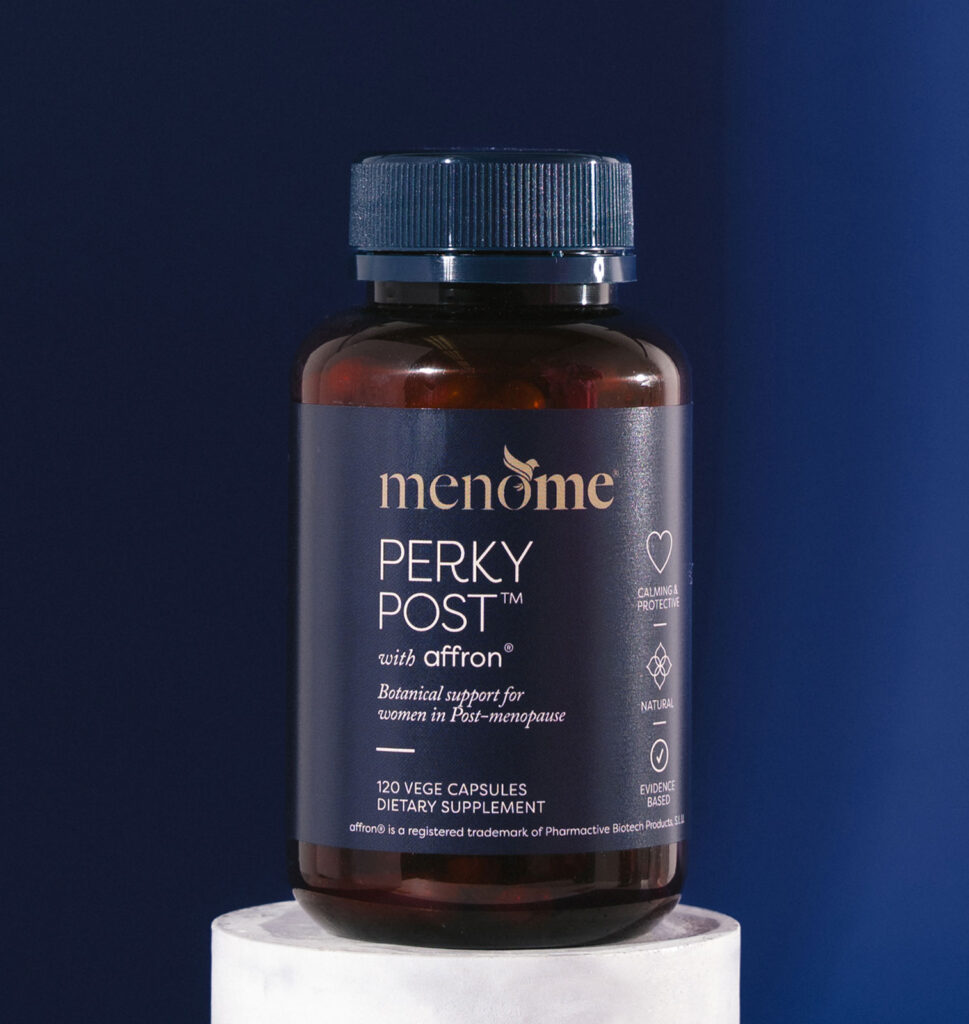Feel good after menopause – starting with a good night’s sleep.
If you’re tossing and turning more than you used to, waking up drenched in sweat, or simply lying awake wondering why on earth you can’t sleep anymore, you’re not alone.
Sleep disturbances are one of the most common – and most frustrating – signs and symptoms of perimenopause and post-menopause. But there’s good news: understanding why this happens and what you can do about it is the first step to sleeping better and feeling better.
Why Does Menopause Affect Sleep?
Hormones like estrogen and progesterone help regulate your sleep-wake cycle, body temperature, and mood.
When these hormones begin to fluctuate during perimenopause and decline during post-menopause, your sleep can take a serious hit.
In fact:
- 🛌 Up to 40% of post-menopausal women report sleeping fewer than 7 hours a night.
- ⏰ Around 27% of women experience trouble falling asleep during perimenopause and menopause.
- 😵 35% of women wake up frequently during the night.
(Sources: The North American Menopause Society; National Sleep Foundation Sleep in America Poll)
Add in hot flushes, night sweats, anxiety, or brain fog, and you’ve got the perfect storm for sleepless nights.
🌿 Natural Ways to Support Better Sleep During Menopause
While everyone’s journey is different, there are a few powerful steps you can take to promote restful sleep:
- Create a calm sleep ritual. Gentle yoga or stretching, reading, and dim lights can help signal to your body that it’s time to wind down.
- Limit screen time at night. Blue light can interrupt melatonin production, your natural sleep hormone. Cut phone usage at least 60 minutes before bed.
- Try natural sleep-supportive supplements. Certain nutrients and plant-based ingredients can be powerful allies during menopause.
🌟 How MenoMe® Can Help
At MenoMe®, we’ve crafted two targeted supplements to support your body’s unique needs – before, during, and after menopause.
✨ Merry Peri® – For Perimenopause
Designed especially for the transition years, Merry Peri® includes:
- 🌼 Affron® – supports mood, healthy stress levels, and deeper sleep.
- 🌿 Fenugreek and sage – to address night sweats and temperature imbalances that disrupt sleep.
🌙 Perky Post® – For Post-Menopause
Once periods stop, your hormonal landscape changes. Perky Post® helps support:
- 🛌 Sleep and mood with Affron® and key nutrients.
- 🦴 Bone health and vitality – so you feel stronger, day and night.
⭐️ “I finally feel rested again after taking Perky Post. It’s been a game-changer.” — MenoMe® customer
💛 Sleep Is Possible Again
Sleep isn’t just a luxury – it’s essential for your mental clarity, mood, energy levels, and overall wellness. With the right support, you can move from restless to well-rested.
Ready to feel like you again?
🌿 Explore Merry Peri® and Perky Post® today, and let your sleep journey begin.





